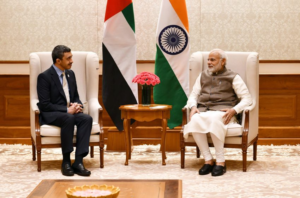The Supreme Court of India in its decision delivered on 20 April, 2021 in the case of PASL Wind Solutions Private Limited v. GE Power Conversion India Private Limited has upheld that:
- two companies incorporated in India had the right to choose a forum for arbitration outside India;
- an arbitral award in such a forum would be a “foreign award” under the Arbitration and Conciliation Act 1996; and
- the two Indian parties in such cases are entitled to interim reliefs before Indian Courts.
Prior to the above verdict, due to the lack of clarity in extant law and judicial precedents, the judicial fora in India had taken differing and often conflicting views regarding the above issues. The Supreme Court has emphasized that there would be nothing to obstruct party autonomy in choosing an arbitration seat abroad, whether or not either party is an Indian national, as long as they are not opposed to public policy.
The verdict has a considerable impact on Indian subsidiaries of foreign parent companies which may prefer to conduct arbitrations in a jurisdiction which may be neutral or familiar, or may perhaps simply prefer to have a uniform global seat for its subsidiaries.
The dispute question emanated from a settlement agreement which, among other things, stipulated that any dispute that may arise would be referred to arbitration in Zurich, Switzerland. Accordingly, the sole arbitrator appointed by the International Chamber of Commerce decided that the arbitration seat would remain Zurich and consequently proceeded to apply Swiss law while, to ensure cost-efficiency, the hearing would take place in Mumbai.
Image credit: Getty Images under Canva licence.




